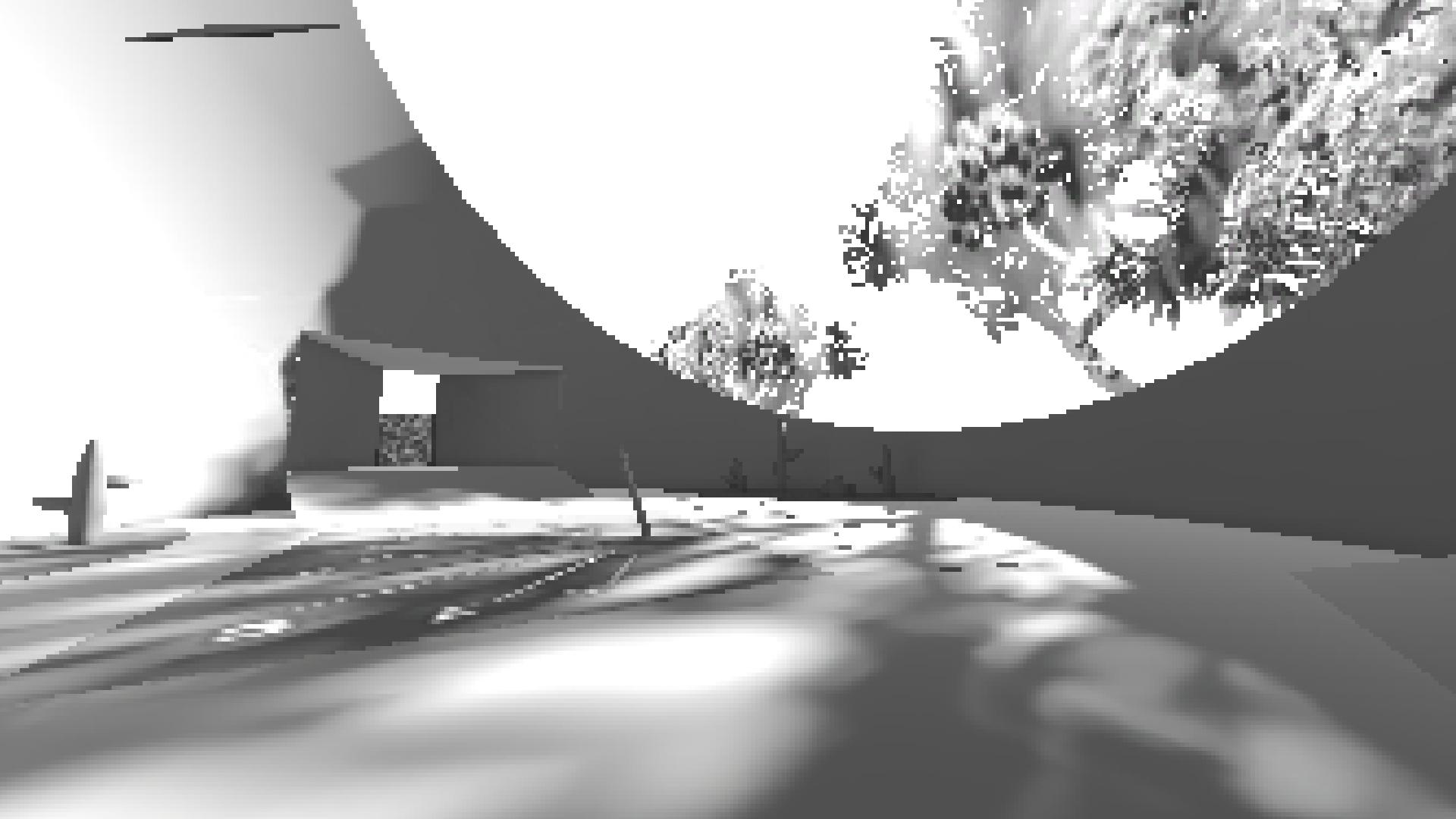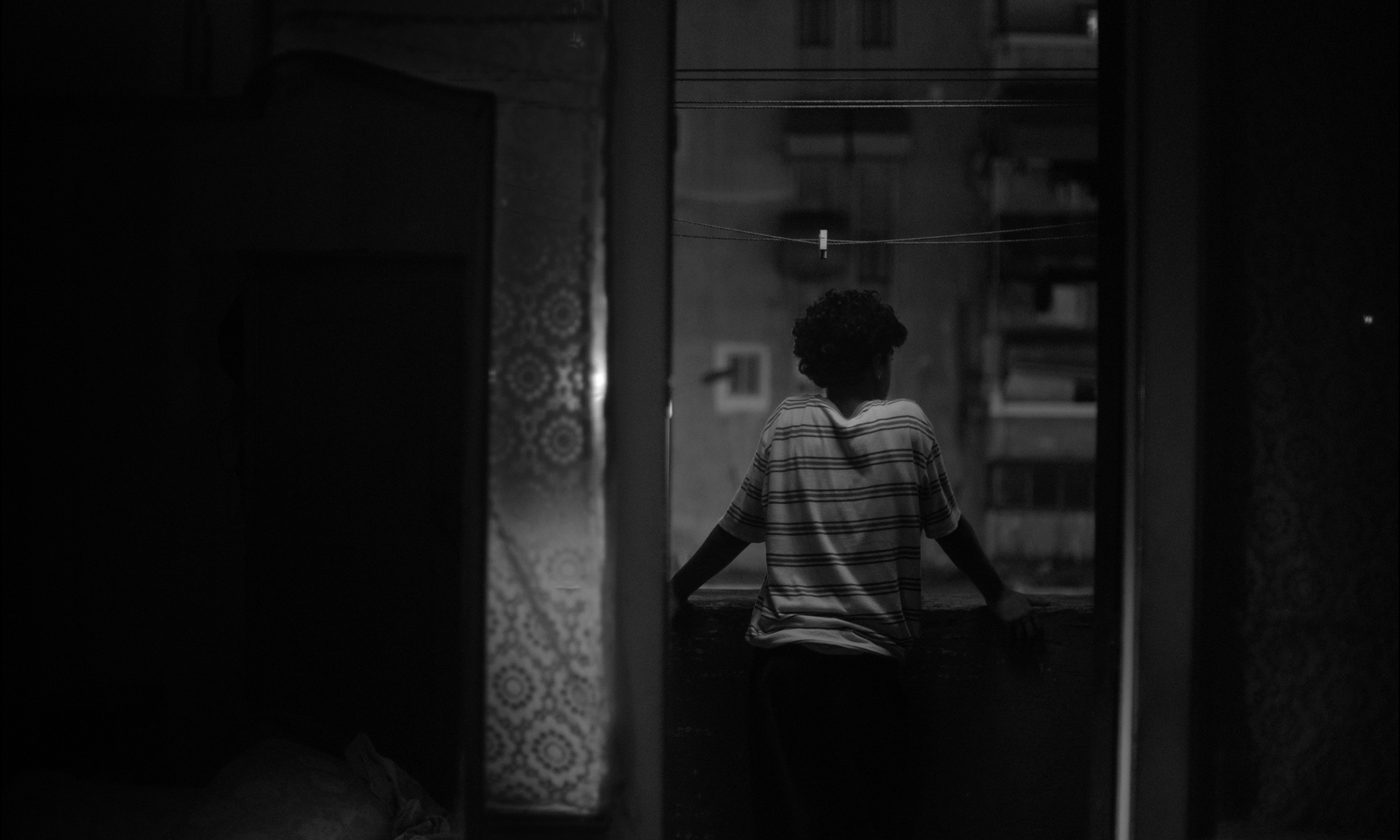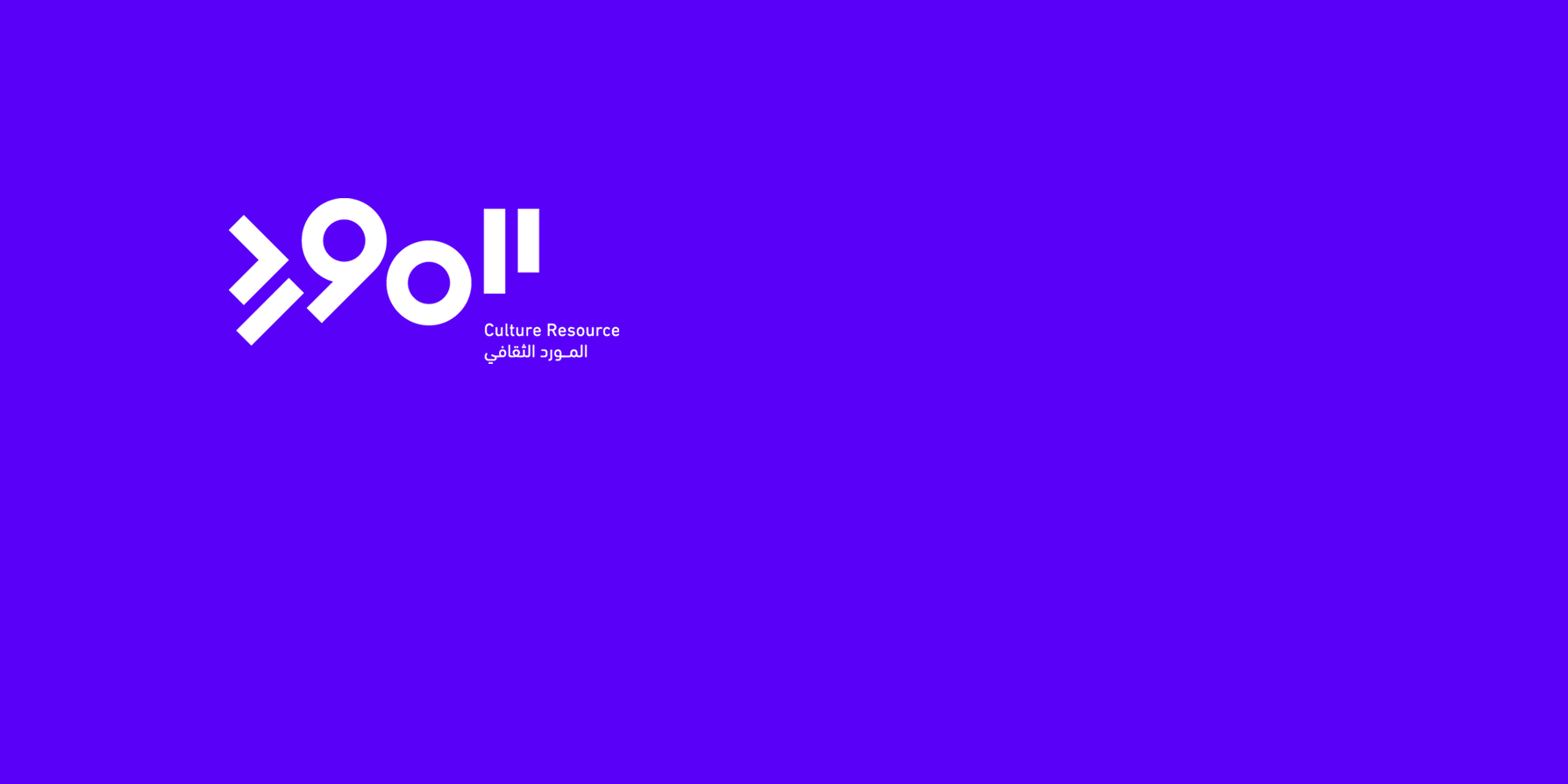Culture Resource is pleased to announce the recipients of the sixth round of the Abbara program which aims to support independent cultural and artistic organizations and groups in the Arab region. Launched in 2011, in response to sweeping social and political changes in many countries in the Arab region, Abbara aimed to empower independent cultural organizations and groups as key actors in the processes of social transformation.
This year, Abbara received 178 applications from Egypt, Palestine, Tunisia, Syria, Morocco, Lebanon, Yemen, Sudan, Iraq, Jordan, Algeria, Libya, Kuwait and Djibouti. After a preliminary screening of the applications that did not meet the eligibility criteria, the Abbara team forwarded 114 applications to the jury for evaluation. On 10-11 February 2020, the jury members were invited to Beirut to discuss the evaluations and finalize the selections. At the end of the meeting, the jurors selected 11 organizations to participate in the sixth round of Abbara noting that two organizations below (Makouk and the Arab Origami Center) would equally split the financial support offered by the program.
The organizations and collectives that have been selected:
Abbara 6 organizations:
Badira Culture Communication and Development / Morocco
An association of young visual and audiovisual artists concerned about the future of Moroccan cultural heritage. Badira aims to contribute to the preservation of tangible and intangible heritage through a digital platform titled “Marocopedia”. The platform is accessible to the public free of charge in Arabic, Amazigh, English and French, enabling a wide spectrum of browsers to discover a nearly forgotten civilizational and cultural heritage. In parallel, Badira also organizes free workshops for young documentary filmmakers to enable them to contribute to the preservation of local heritage and introducing it to others through short videos uploaded to special platforms such as Marocopedia.
Khazaaen / Palestine
An independent association based in Jerusalem, Khazaaen was launched in October of 2016 with the aim of building a digitalized societal archive that documents the daily life of the Arab world combined with people’s stories through gathering ephemera material such as transportation tickets, letters, commercial advertisements, posters and other such memorabilia that would not interest other types of archives. Khazaen encourages individuals to create their personal archives so as to generate a vast “people’s archive” housing the largest possible quantities of daily publications, such as brochures, posters, ads, wedding invitations, business cards…etc. for researchers and whoever demonstrates an interest in this project. In addition to having the digital archive contribute in starting a social and cultural discussion around critical political and societal issues.
Sakiya / Palestine
Sakiya is a progressive academy for experimental knowledge production and sharing, grafting local agrarian traditions of self-sufficiency with contemporary art and ecological practices. This circular system of knowledge production and sharing integrates agriculture within the framework of an interdisciplinary residency programme, where cultural actors, such as farmers and crafts/small industry initiatives, assume a prominent role alongside visiting and local artists and scholarsSakiya is a progressive academy for experimental knowledge production and sharing, grafting local agrarian traditions of self-sufficiency with contemporary art and ecological practices. This circular system of knowledge production and sharing integrates agriculture within the framework of an interdisciplinary residency programme, where cultural actors, such as farmers and crafts/small industry initiatives, assume a prominent role alongside visiting and local artists and scholars., thereby challenging the demographic divide that characterizes cultural production and consumption in Palestine.
MEDEARTS / Jordan
The City-Artists Network Association | MEDEARTS was established in 2015. It is an independent initiative founded by a group of young artists, cultural managers and architects from Irbid in northern Jordan near the borders with Syria and Palestine with the purpose of supporting young artistic and cultural talents in the city, regardless of nationality, by connecting them with opportunities and with experts and professionals who can help them develop their independent artistic projects. The network supports local artists contend with the challenges of cultural centralization and promotes independent cultural groups that are struggling to forge clear national cultural plans and strategies for Jordan.
Douzan Art and Culture / Syria, Gaziantep
Douzan was founded in 2019 by a group of Syrian and Turkish artists and cultural actors who believe in the importance of arts and culture especially in times of hardship and crisis, and in its role in helping communities overcome social and economic challenges in countries of refuge. The initiative aims to support artists and cultural actors by equipping them with the tools and spaces they need for free and creative expression, empowerment, preserving cultural identity, and building bridges of communication and cultural dialogue with their surrounding communities , thereby promoting the values of freedom, equality, and non-discrimination.
Temporary Art Platform / Lebanon
An international platform based in Beirut, the Temporary Art Platform (TAP) was founded in 2014 to commission projects, residencies and site-specific artworks concerned by social practices and public spaces in Lebanon. The structure of this curatorial platform and its organic, non-regular programming, gives way to a deeper engagement with the context in which the platform unfolds and a focus on knowledge production and community impact.
Since its very beginnings, TAP has focused its efforts on facilitating art interventions in physical and intangible public spaces; fostering debates around social themes, and positioning communities at the core of the reception of contemporary art, while providing artists with unique production and creation opportunities.
INTERFERENCE / Tunisia
INTERFERENCE is a collective of arts and cultural actors and curators who have been working to foster and develop cultural and artistic projects since 2016. The organization began as an initiative to establish the first contemporary light art festival in Tunisia and Africa. The INTERFERENCE festival is a biannual event set in the urban fabric of the Medina of Tunis that exhibits artworks whose themes center around light. As a result of this experience, a nucleus of young artists and cultural actors coalesced around the aim of transforming the festival organization into a collective dedicated to organizing other innovative cultural projects.
Tabdeel / Egypt
Founded in 2018 by a group of individuals with previous experience in bicycle urbanism. Tabdeel aims to support a public debate on the opportunities and challenges of enhancing the cycling culture in Egyptian cities. Towards these ends, Tabdeel organizes workshops on cycling culture in different Egyptian cities, applying a historical analytical methodology to documenting the changes that have occurred in this culture and throwing into relief issues that shape it such as gender, class and urban topography. The organization also publishes articles, translates films and books, and organizes advocacy campaigns on social media to raise awareness on the importance of cycling, spatial justice, equal rights to the road and the need for proper infrastructure for safe cycling.
Cairotronica / Egypt
Cairotronica is a transdisciplinary platform that organizes a biannual festival, fellowships, workshops, and offers residency programs for high potential artists. The idea for Cairotronica developed from noting the global interest in the intersection of art with technology and science. It is an up-and-coming area of practice globally, and Egypt as well as the Arab region lacked an international platform for electronic arts to support artistic talents to join in on this. Cairotronica functions as an incubator for exchanging ideas, concepts, products and services, that will bring people together from different industries and fields, encouraging them to create solutions together and build bridges between different audiences and professionals to connect through art.
Makouk / Egypt
Makouk is an organization dedicated to designing activities that help people discover and develop their own faculties in arts, culture, environment, science and innovation in entertaining ways. Diverse activities in the format of games, playful experimentation game-oriented educational programs designed for children or adults open realms for recipients to express themselves freely. Makouk designs educational products and spaces that facilitate critical thinking, active play, self-expression, and self-learning in the context of themes identified on the basis of the needs of the local community. It also creates original content and designs it into creative play formats such as games, facilitated workshops and curricula that enable participants to acquire new knowledge and skills, opening up to them new worlds.
The Arab Origami Center/ Egypt
The Arab Origami Center was established in Alexandria in 2011 by a group of friends from different artistic backgrounds who shared a passion for origami and the desire to decontextualize it as “art” and transform it into a means of expression and an instrument of change. Origami has the versatility to adapt to and become incorporated into diverse visual and performing arts, offering the potential for new and constructive artistic products in the cultural scene in Egypt, the Arab region, and beyond. The center advocates origami as a powerful tool for interactive processes in education, in artistic creative and social development activities that foster active citizenship and in the development of innovative proposals and solutions to daily challenges. The center aims to enable artists, teachers, and trainers in Egypt to use origami to develop the public and civic (educational curricula and the artistic content of these curricula and as a means to facilitate the acquisition of creative thinking skills.
Jury:
Mahmoud Abu Hashhash, Palestine/ Writer, poet and director of the A.M. Qattan Foundation’s Culture and Arts Program.
Junaid Sarieddeen, Lebanon/ Actor, theater director and founding member of Zoukak Theater Company.
Tamer El Said, Egypt/ Filmmaker, producer and cofounder of Cimatheque – Alternative Film Center in Cairo.
Ghita Khaldi, Morocco/ Cultural projects manager and founder of the Moroccan association Afrikayna.
Ammar Kessab, Algeria/Cultural Policy expert, member of the Board of Directors of the African Cultural Fund (ACF) and former Culture Resource General Assembly member.
Abbara jury statement
The members of the jury were extremely heartened by the quantity, quality and rich diversity of the applications to this Abbara round and they were delighted to have had this opportunity to become acquainted with such a broad array of cultural and artistic initiatives. This is all the more the case in view of the harsh circumstances in many Arab countries, the paucity of official support for cultural work and the persistent governmental failure to appreciate the latent wealth in their societies and to accord cultural and social development the necessary importance.
The jury were impressed by how many of the initiatives that applied for the Abbara grant were praiseworthy and merited support and appreciation, even if this made their task more difficult. They attached particular value to the zeal and determination exhibited by many of these organizations to continue to work freely and to do their part to safeguard and expand the margin of expression, to preserve cultural and social fabrics, and to achieve desired change by means of diverse and innovative initiatives, despite discouraging contexts and the prevalence of violent and repressive regulatory realities. In addition the jury greatly appreciated the daring many organizations showed in their attempts to venture outside comfort zones and the diverse initiatives they took to present proposals with the capacity to open new horizons that will boost the advancement of cultural action and the impetus of social change.
The work and projects of many organizations reflect the concerns of the countries and local contexts in which they operate. The jury were especially drawn to projects that demonstrated a propensity for fresh, insightful and original thought – a willingness to explore outside the box – in order generate new, creative and inspiring approaches with the capacity to respond to the complex challenges of working in their countries and with the ability to forge new avenues for cultural work that is willing to experiment, take risks and build innovative interdisciplinary bridges. The jury was therefore keen to select organizations whose work would contribute added value to their communities, bring out creativity and show the potential for continuity and sustainability, and organizations that show a capacity to respond creatively to the challenges posed by their diverse operational contexts and that are open, eager to network and keen to exchange and share expertise and resources.
The jury hopes it was successful in its selections. The task was not a simple one. It was the product of an ongoing and complex process of discussion and consultation about a significant number of organizations reaching the last stage of the competition, due to the diversity and individuality of the contexts from which the applicant organizations and initiatives come from. The jury believes that the list of recipients they have selected also combines the qualities of diversity and harmony, which it hopes will enable this new round of Abbara to have a clear impact in encouraging a group of aspiring organizations to think and work in inspiring and creative ways.




